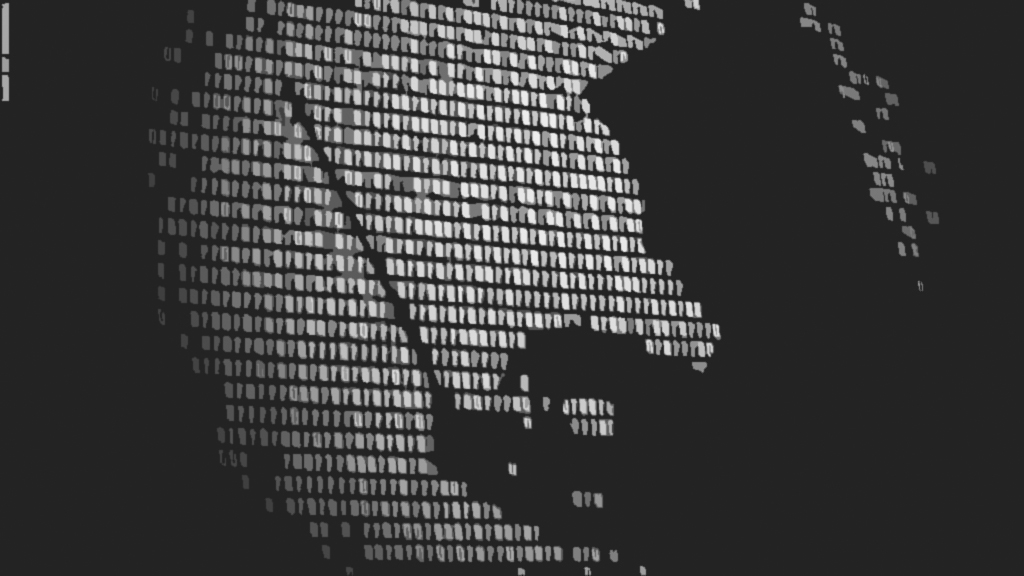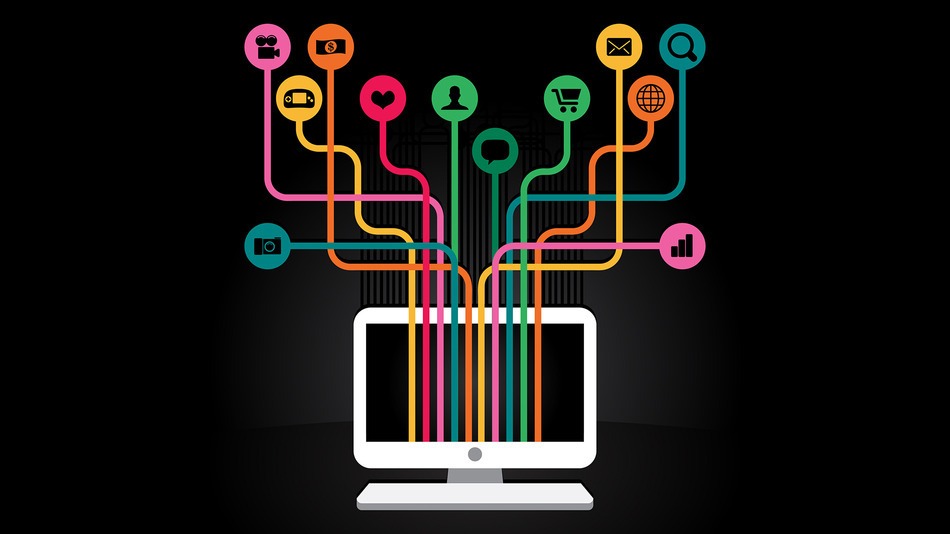
by medicaltechont | Apr 23, 2016 | Cloud, Security, Technology
With the “Cloud” getting ever more prevalent it is increasingly coming under more attack. It has become the option for Malware creators who want to create havoc. The question is “how safe is your data from online predators”? Will you become liable for a breach? Read this great article from Forbes magazine below.
How To Determine If You Can Trust Cloud Security
Will 2016 be the year security stops being a reason to avoid public clouds? Because, face it, by now established cloud vendors have likely invested more in security than you can hope to duplicate in-house. But when you’re used to pulling your own security levers, how do you let go of some of that control?
What we need is the cloud security version of a trust fall.
You may have taken part in this team-building exercise: You fall backward into the arms of a coworker while trusting that they’ll catch you before your khakis-clad behind hits the ground. It’s easier to take that plunge when your colleagues have given you reasons to trust them: They step up when you need a hand at work, they have built a solid reputation, they have your back when things go awry.
Read more at http://www.forbes.com/sites/oracle/2016/04/19/how-to-determine-if-you-can-trust-cloud-security/#11c297406c78

by medicaltechont | Jan 3, 2016 | Canada, Privacy, Security, Technology, The Internet
Canada is lagging behind the U.S., Britain and other countries in defending citizens and businesses against malicious hackers and cyber-criminals, say numerous groups involved in trying to police the internet.
“We’re failing, we’re falling behind,” warns Katherine Thompson of the Canadian Advanced Technology Alliance, one of Canada’s largest private-sector high-tech advocacy groups.
“We cannot continue down the path that we’re on right now,” she told CBC News. “We just went through a very long federal election where not one of the major party leaders discussed cyber-security.”
Click here to read more.
http://www.cbc.ca/news/technology/canada-cybercrime-hacking-seglins-1.3312153

by medicaltechont | Nov 28, 2015 | Canada, Privacy, Security, Technology, United States
With Cyber Monday just around the corner, many people still wonder if it is safe to buy online during end-of-the-year sales events.
Of course it is safe in the sense that you won’t be pushed, hit, or crushed by other customers who also want to get their hands on the big deals. But is your credit or debit card information safe when you shop online? If you take a few basic precautions, you can enjoy the big discounts and not worry about getting into trouble.
Historically, November and December are the months with the most online transactions, and are therefore the months in which cyber-criminals are the most active.
We will enumerate the top five security threats you may encounter when shopping online and give you hints about how to shop safely on these dates.\
Read more: http://www.itproportal.com/2015/11/28/top-5-cyber-monday-security-threats-and-what-to-do-about-them/#ixzz3snzVP4ZL
by medicaltechont | Nov 9, 2015 | Technology
BlackBerry Priv review
Can an Android phone save BlackBerry?
http://www.theverge.com/2015/11/9/9694374/blackberry-priv-review-android-phone

by medicaltechont | Mar 8, 2015 | Canada, United States
Technology entrepreneur Jonathan Bush says he was recently watching a patient move from a hospital to a nursing home. The patient’s information was in an electronic medical record, or EMR. And getting the patient’s records from the hospital to the nursing home, Bush says, wasn’t exactly drag and drop.
“These two guys then type — I kid you not — the printout from the brand new EMR into their EMR, so that their fax server can fax it to the bloody nursing home,” Bush says.
In an era when most industries easily share big, complicated, digital files, health care still leans hard on paper printouts and fax machines. The American taxpayer has funded the installation of electronic records systems in hospitals and doctors’ offices — to the tune of $30 billion since 2009. While those systems are supposed to make health care better and more efficient, most of them can’t talk to each other.
Bush lays a lot of blame for that at the feet of this federal financing.
“I called it the ‘Cash for Clunkers’ bill,” he says. “It gave $30 billion to buy the very pre-internet systems that all of the doctors and hospitals had already looked at and rejected,” he says. “And the vendors of those systems were about to die. And then they got put on life support by this bill that pays you billions of dollars, and didn’t get you any coordination of information!”
Click here to read more





